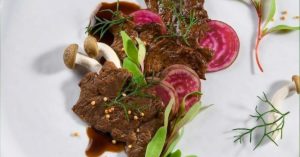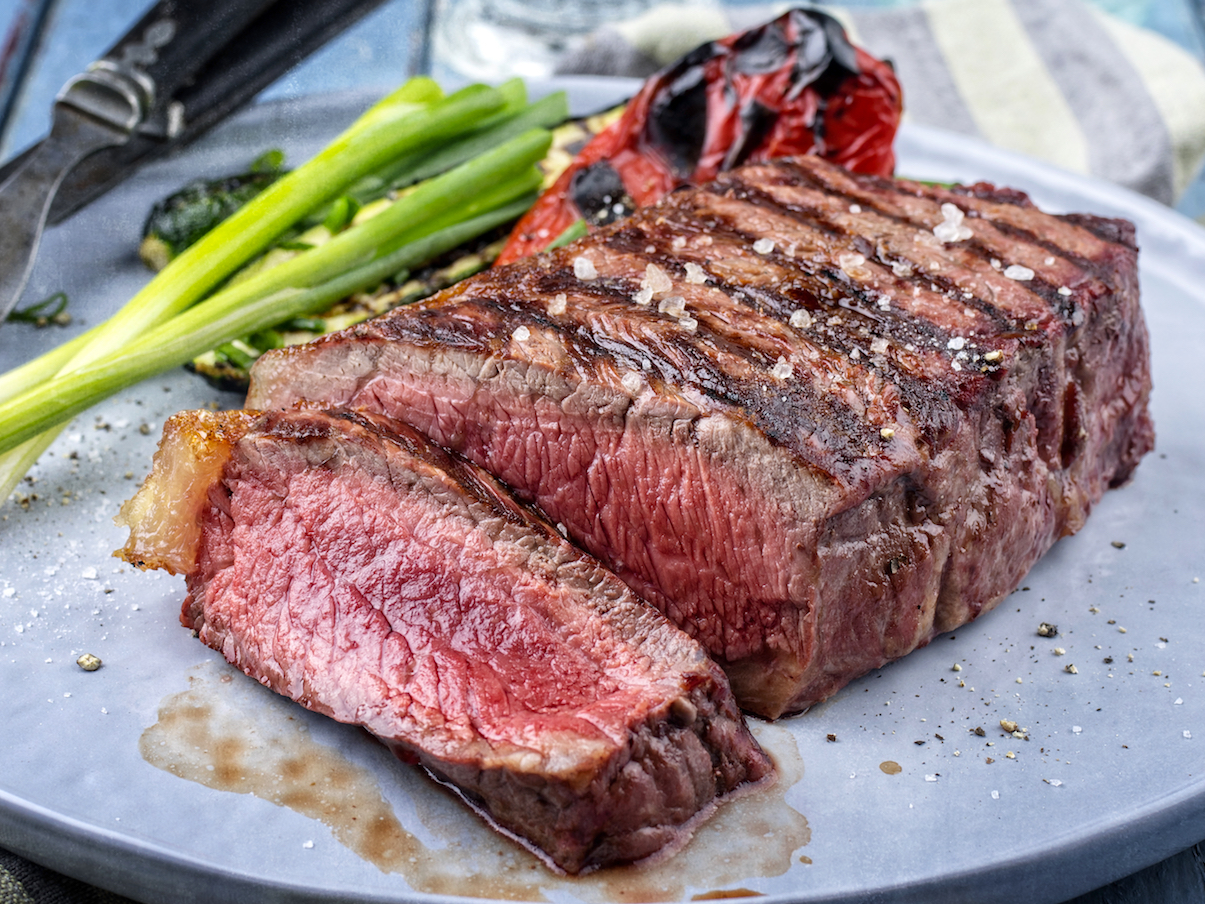Without precedent for its about two-year history, an Israeli startup professes to have accomplished a key advance towards the sacred vessel of the lab-developed meat industry: transforming creature cells into the sensitive and strong tissue of steak.
Aleph Farms, which got its begin with assistance from an Israeli research foundation and a hatchery that is a piece of the nourishment goliath that claims Sabra – the most prevalent hummus in America – said on Wednesday that it had created the world’s first lab-developed steak.

On the off chance that there were a blessed chalice in the realm of genuine meat made without ranch creatures, it would be steak.
While organisations making plant-based burgers proliferate, a bunch of new businesses are attempting to make genuine, earth well disposed hamburger and chicken from creature cells – just without the homestead creatures. None of them have yet discharged an item that buyers can purchase in stores or restaurants.
The test of going from cell to steak
Specialists and investors are persuaded that meat made in labs is coming, and it’s ready to upset a $200 billion industry. Be that as it may, they recognise getting the items out of the lab and into eateries will require some investment.
Rather than becoming just a single or two sorts of creature cells on a level surface, Aleph grows four kinds of creature cells in three measurements. The organisation additionally claims to develop them in a medium that is free of fetal cow-like serum (FBS), the rich bovine based fluid that is as of now the lab standard for supporting cells.

Aleph is considering its model steak a “minute steak,” since all that’s needed is two or three minutes to cook, Amir Ilan, gourmet expert of the Israeli eatery Paris Texas and the individual who arranged the steak on record, said in an announcement.
Aleph was helped to establish by the Technion Israel Institute of Technology and a hatchery called The Kitchen, which is a piece of Strauss Group. Strauss claims Sabra hummus and circulates Cheetos and Doritos in Israel as a feature of a concurrence with Pepsi.
Source: Business Insider and Futurism









